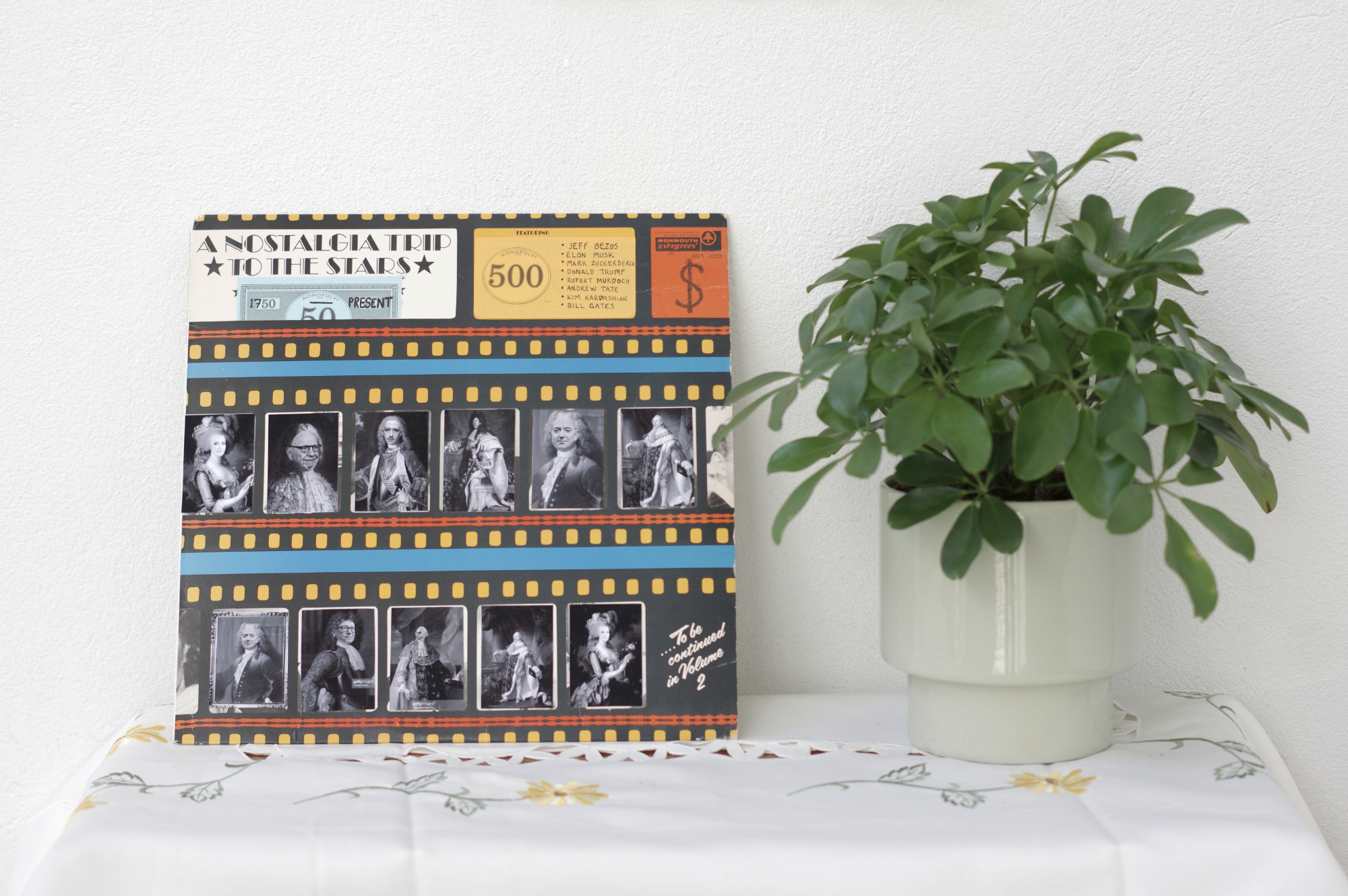Until 29 July, the exhibition “A Wild And Violent Sea” by G.E. Vogt and Lukas Žalalis is taking place at Kompresorinė.
The times we live in have become increasingly uncertain, as the issues we are faced with locally and globally have become increasingly complex and difficult to contend with. Around the world, in varying degrees, small communities to national populations, have turned to the allure of authoritarianism in order to cope – placing their faith and concentrated power into the hands of a select few or one strongman leader. Although the evolution, methods, and specific outcomes of these regimes diverge between communities, one can find terrifying similarities between them: the oppression of large numbers of the population, the tolerance and often encouragement of violence, the corruption and eventual disintegration of formerly trusted institutions, and the deepening concentration of the country’s wealth into the hands of a powerful few who enable and support the leader. The path that each country takes to get to the tipping point of authoritarianism may differ, but the end results are often eerily the same.
In the exhibition “A Wild And Violent Sea,” G.E. Vogt and Lukas Žalalis explore the forms that contemporary authoritarianism has taken in their respective countries, the United States and Russia. Despite the dynamic differences between the two countries, one common theme intertwining through both is their communities’ preoccupation with a mythos of a “Great Past.” This obsession with nostalgia often becomes an avenue which authoritarian figures exploit in order to manipulate support for their otherwise reprehensible practices. Through this lens of nostalgia for a fictionalized past, Vogt and Žalalis examine the harsh realities which their countries are facing: Žalalis from the perspective of a country fully under an authoritarian regime, and Vogt from the perspective of a country that is steadily moving towards authoritarianism.
G.E. Vogt came to the medium of collage through her original training in performance art and political science. Since 2017, she has exhibited in various juried exhibitions across the US. In 2019, Fresh Paint Gallery held a major exhibition of Vogt’s work and she spoke on the “Women In Collage” panel at the annual Kolaj Fest. Recently, she has begun curating the SoPoCollage page to showcase other artists who specialize in socio-political collage, participated in Kolaj Institute’s “Money Money” Residency, and directed Kolaj Institute’s “Politics in Collage” Residency from 2021 – 2023. Vogt is currently an artist in residence with Ideas Block where she is thrilled to be collaborating on this project with Lukas Žalalis.
Lukas Žalalis is a Russian political activist and anthropologist from Saint Petersburg. His works explore the symbols and mechanisms, which have been accompanying the establishment and amplification of Putin’s dictatorship. Things that most of those growing up in Russia were trying to avoid, but eventually had to face.
During the opening of the exhibition a discussion took place which can be heard to here.
[LT]
Iki liepos 29 d. erdvėje Kompresorinėje vyksta G. E. Vogt ir Luko Žalalio paroda „A Wild And Violent Sea” (Laukinė audringa jūra”).
Laikai, kuriais gyvename, tampa vis labiau neapibrėžti, nes problemos, su kuriomis susiduriame vietos ir pasaulio mastu, tampa vis sudėtingesnės ir sunkiau įveikiamos. Visame pasaulyje įvairiu mastu, tiek mažos bendruomenės, tiek ir ištisos populiacijos, ieškodamos būdų susidoroti su problemomis susiviliojo autoritarizmu – atiduodamos savo tikėjimą į kelių išrinktųjų ar vieno stipraus lyderio rankas. Nors šių režimų raida, metodai ir konkretūs rezultatai skirtingose bendruomenėse skiriasi, tarp jų galima rasti panašumų: didelio skaičiaus gyventojų engimas, smurto toleravimas ir dažnai skatinimas, korupcija ir galiausiai buvusių patikimų institucijų žlugdymas, vis didėjanti šalies turto koncentracija kelių galingų asmenų, kurie įgalina ir remia lyderį, rankose. Kelias, kuriuo eina kiekviena šalis, kad pasiektų autoritarizmo slenkstį, gali skirtis, tačiau galutiniai rezultatai dažnai būna bauginančiai vienodi.
Parodoje “Wild and Violent Sea” G. E. Vogt ir Lukas Žalalis tyrinėja, kokias formas šiuolaikinis autoritarizmas įgavo jų šalyse – JAV ir Rusijoje. Nepaisant dinamiškų abiejų šalių skirtumų, viena bendra tema, persipinanti abiejose šalyse, yra jų bendruomenių susirūpinimas “Didžiosios praeities” mitu. Ši nostalgijos manija dažnai tampa priemone, kuria autoritarinės valdžios atstovai naudojasi siekdami sulaukti paramos savo, kitaip smerktiniems, veiksmams. Per šią nostalgijos išgalvotai praeičiai prizmę Vogt ir Žalalis nagrinėja atšiaurią realybę, su kuria susiduria jų šalys: Žalalis žvelgia iš šalies, kurioje vyrauja autoritarinis režimas, o Vogt – iš šalies, kuri palaipsniui artėja prie autoritarizmo, perspektyvos.
G. E. Vogt į koliažo mediją atėjo per savo pirminį performanso meno ir politikos mokslų išsilavinimą. Nuo 2017 m. ji dalyvauja įvairiose žiuri organizuojamose parodose visoje JAV. 2019 m. galerijoje “Fresh Paint Gallery” buvo surengta didelė Vogt darbų paroda, o kasmetiniame festivalyje “Kolaj Fest” ji kalbėjo “Women In Collage” panelėje. Neseniai ji pradėjo kuruoti puslapį “SoPoCollage”, kuriame pristatomi kiti menininkai, besispecializuojantys socialinio-politinio koliažo srityje, dalyvavo Kolaj instituto rezidencijoje “Money Money” ir vėliau vadovavo jo organizuotai rezidencijai “Politics in Collage” 2021-2023 m. Vogt šiuo metu yra reziduojanti menininkė Ideas Block Kompresorinės erdvėje, kur ji džiaugiasi galėdama bendradarbiauti šiame projekte su Luku Žalaliu.
Lukas Žalalis yra Rusijos politinis aktyvistas ir antropologas iš Sankt Peterburgo. Savo darbuose jis tyrinėja simbolius ir mechanizmus, lydinčius Putino diktatūros įsigalėjimą ir stiprėjimą. Dalykus, kurių dauguma augančių Rusijoje bandė išvengti, bet galiausiai turėjo susidurti.
Parodos atidarymo metu vyko diskusija, kurią galima išgirsti čia.































